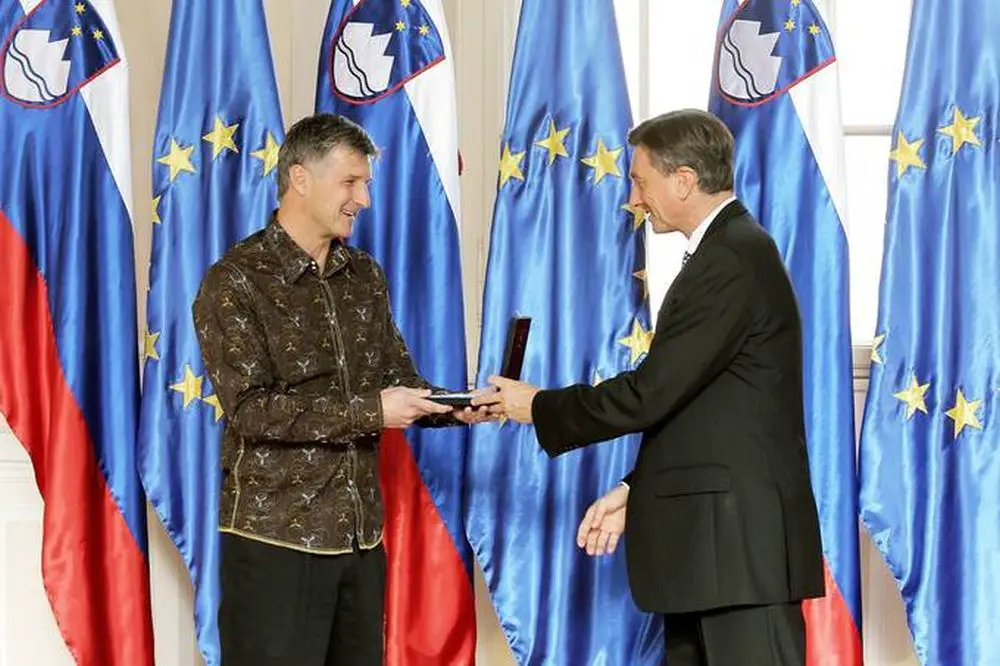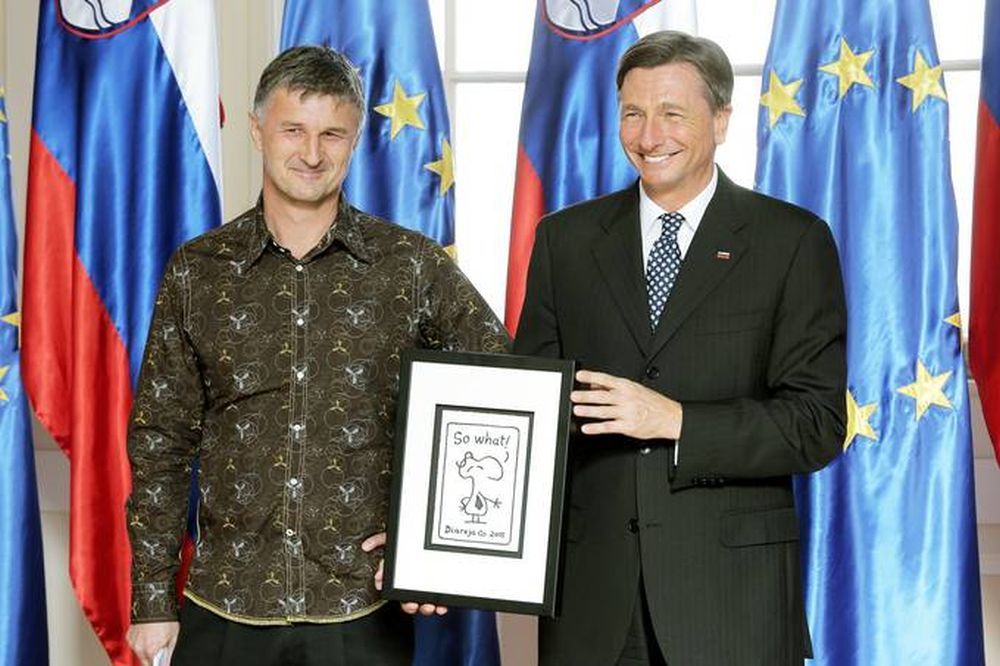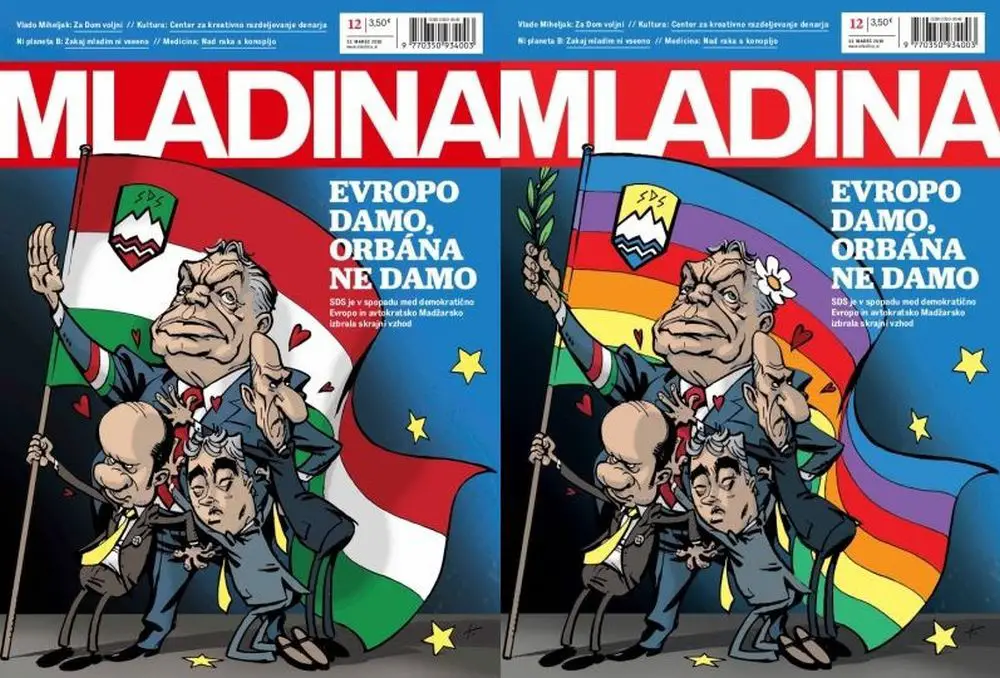MPs defeated in a 44 to 31 vote yesterday legislative amendment designed to implement full government funding of publicly-approved curricula at private primary schools as mandated by the Constitutional Court in 2014 in what was the fifth time that the party attempted to get the motion through.
The Constitutional Court ruled in December 2014 that the current 85% state financing of publicly-approved curricula at private schools was not in compliance with the Constitution.
The issue is an ideological one considering that two primaries in the country are operated by the Catholic Church. The previous government sought to enact the ruling, but the legislative process was stalled by the Social Democrat-led initiative to amend the Constitution, which eventually failed.
Šarec's government opposes the SDS-sponsored legislative changes, arguing that they tackle the issue of financing of private schools only partially.
This was repeated by Education Minister Jernej Pikalo in parliament yesterday. He announced a comprehensive solution would be sought at the beginning of next year and definitely before the start of the next school year.
The SDS, New Slovenia (NSi) and the SNS deputy groups were considering impeaching Šarec over the government's failure to implement the 2014 Constitutional Court ruling already at the beginning of the month, but decided to wait for the parliamentary session.
The SDS announced the move yesterday and the NSi was also to join the campaign but eventually opted out.
The party explained its decision on Twitter. "After Minister Jernej Pikalo announced the Constitutional Court's decision will be implemented by the beginning of next school year, the impeachment motion no longer enjoys the support of the necessary 46 MPs."
Noting that impeachment was a "strong tool of the opposition", the NSi said that if it were to stay this way it should only be used on sufficient support.
The initiators of the motion claim that Šarec as prime minister insists on discriminating children who attend the obligatory primary school programme at private schools. Thus, inequality is being created and the Constitution violated, the SDS and SNS claim.
The two parties are accusing the prime minister of failure to act, which caused "irreparable damage and the loss of trust in the institutions of the rule of law and welfare state."
They also claim Šarec is guilty of negligence at work, violation of several articles of the Constitution and the government act.
During yesterday's debate on the school funding, MPs of the coalition pointed to the different interpretations of the Constitutional Court's decision and labelled the impeachment motion a "populist gesture".
This is the fourth impeachment motion against a prime minister in Slovenia's history. In order for the Constitutional Court to decide on the motion, it would need to be backed by 46 of the 90 MPs, which seems very unlikely.
So far, all impeachment motions have been filed by the SDS and none of them even made it to the Constitutional Court.










